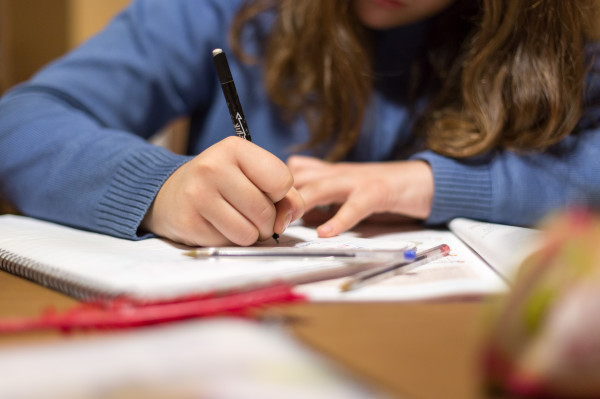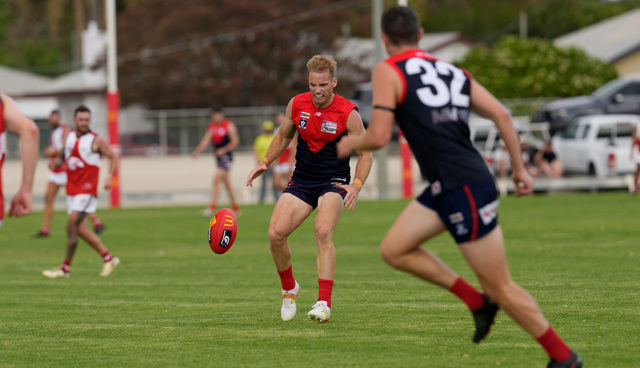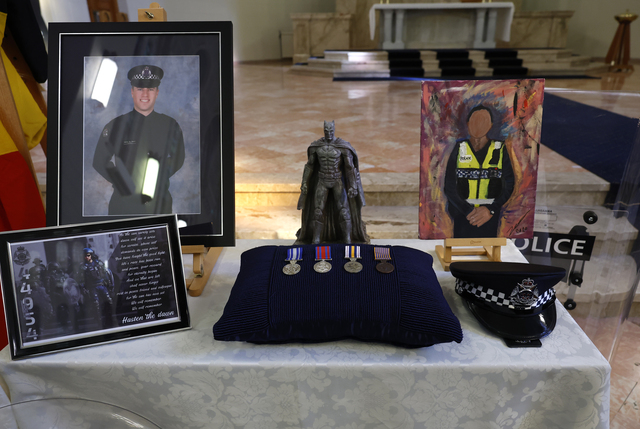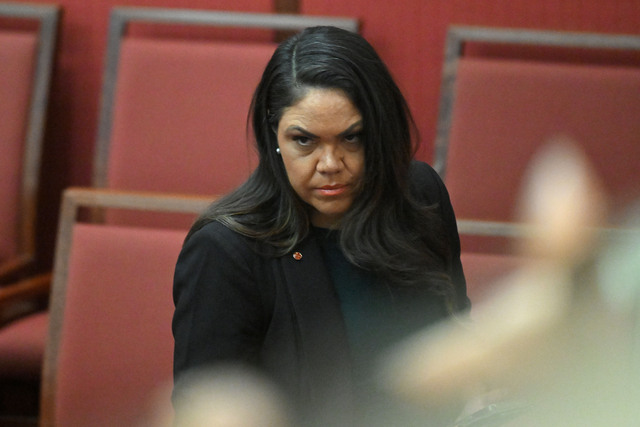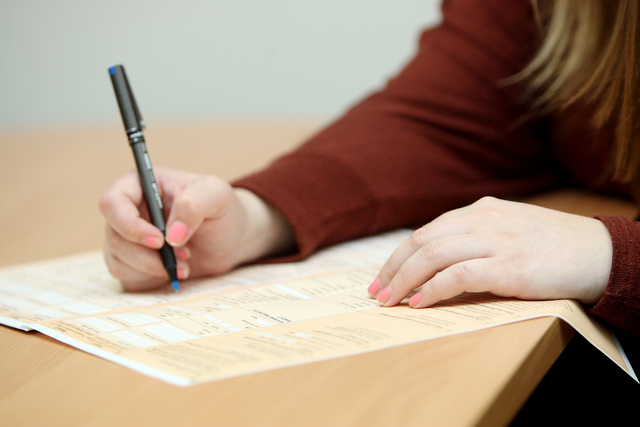BORROWING from world’s best practice is not a new concept.
Even AFL coaches now travel the planet in the off-season to poach ideas from other major sporting organisations, despite the sports themselves being completely different.
So should our government be doing something similar with our education system?
This week, the 2019 NAPLAN results showed while primary school students across Australia had small lifts in average scores in some areas, results were stagnant for most categories.
And Year 7 and 9 students slid backwards on the baseline score in writing and Year 9 students’ scores were flat across the board.
The news was better for Victoria’s primary school pupils, who claimed top spot in seven out of 10 subject areas across Australia — up from four last year.
But, as a country, we should collectively strive for better. Our results should be on an upward trajectory if we expect to keep pace with the world.
One solution put forward this week was to send some of our best principals and teachers to Finland to understand why that country routinely tops rankings of global education systems.
Finland is famous for having no banding protocols — all pupils, regardless of ability, are taught in the same classes.
“As a result, the gap between the weakest and the strongest pupils is the smallest in the world,” Peter Gleeson wrote in the Courier Mail.
“Finnish schools also give relatively little homework and have only one mandatory test, at age 16. It works. Let’s go down that path. Borrow from world’s best practice. Unashamedly.”
Personally, I’ve no idea whether Finland’s systems could be mimicked here, but it is worth exploring what the top countries are doing.
The NAPLAN testing system, too, seems to require a major review.
Its original purpose, as I understood, was to identify areas of opportunity and risk. It was to act as a tool to help educators better understand what was working and what wasn’t. But is it actually doing that? Or it it just pitting schools and states against each other and creating a competitive environment that helps no one?
A former school principal wrote in The Age this week that this culture of fear had resulted in schools focusing on the NAPLAN test and hoarding successful practices when they should be sharing them.
“Parents and students know NAPLAN is a waste of time and that’s why Year 9 students can’t be bothered with it,” Adam Voigt wrote. “It’s also why Australian parents are pulling their students out of the tests in spiralling numbers.”
I come from a family of school teachers, and my daughter is at a local primary school in a great environment with wonderful teachers, so I am a big supporter of the education system and the people who work within it.
On the whole, teachers are a passionate lot who genuinely care for the kids and their profession.
So if the expensive NAPLAN testing is not showing improved results after a decade, is it time to look at a different system?
It may require some thinking outside the square. The answers will be out there. Maybe even as far away as Finland.

A life lived on and off court
A significant chapter in the story of Bambill Football Netball Club ends today when club legend Rita Lynch plays her last game for the club. Rita, 60, will run out for the Saints for the 516th time in the Millewa league C Grade grand final against Nangiloc.
After a remarkable 47 years playing for the one club, a true reflection of her unwavering loyalty, Rita has finally decided “it’s time”.
Sports reporter Heath Kendall wrote a great story about Rita in Friday’s Sunraysia Daily that highlighted a career filled with achievements on and off the court.
People like Rita are the lifeblood of country sporting clubs and it would be a fitting moment to see her career end on a high.
In saying that, best of luck to all the teams taking the footy field or the netball court today for the grand finals at Lake Cullulleraine.

